Here is a look at the most widely prescribed drugs...
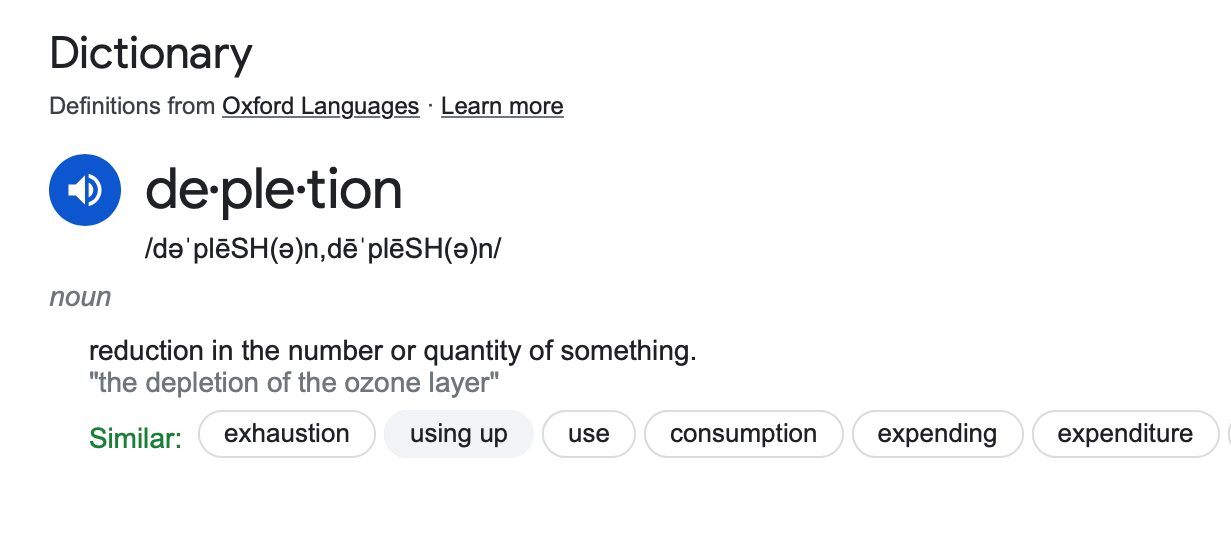
The title of this article is in the form of a question. The question may seem quite bold. However, it is a question that anyone taking a prescription or over-the-counter medication should be asking themselves. You may wonder how a medication used to treat a specific condition could also make you sick. I will explain this in the context of the article. Still, I first want to preface what I talk about by telling you not to stop taking your medication and consult your provider or pharmacist if you have further questions regarding nutrient depletions.
This article will focus on medications used for chronic conditions. I will highlight five commonly prescribed groups of drugs that have the potential for depleting nutrients.
We will start with the popular OTC and prescription group of drugs called proton pump inhibitors or PPIs. This group of drugs is used for gastritis, heartburn, and GERD, all common gastrointestinal issues. The recommended treatment course is for 4-8 weeks; however, in a few specific chronic conditions, like Barrett's esophagitis and stomach ulcers, they are used long term. The Medical Expenditure Panel Survey showed that between 2016-2017 it was estimated that 6.73% of the adult population routinely takes a PPI and based on population estimates, that would mean about 23 million people are taking PPIs on a routine basis.
PPI's including omeprazole, pantoprazole, and others, make our stomachs less acidic. Decreasing acid is a much-needed help for patients with stomach inflammation or stomach ulcers.
Unfortunately, many patients take these medications for years and have difficulty getting off them. When decreasing our stomach acid, PPIs can affect the absorption of nutrients like deplete Vitamin B12, calcium, and magnesium.
Magnesium depletion alone is super critical because it is involved in over 300 enzymatic reactions and has key physiologic benefits such as blood pressure regulation, bone development, and muscular activity. Deficiency is associated with increased cardiovascular risk, such as hypertension, stroke, heart attack, and atherosclerosis.
The 2nd culprit of nutrient depletion is metformin, a popular medication used to help with blood glucose regulation in type II diabetes.
Studies show that metformin can deplete vitamin B12 in about 5-40% of patients, depending on the study—several studies comparing diabetic patients who take metformin vs. those that don't. In the group of patients taking metformin, B12 levels decreased.
The incidence of pain in their feet, also known as neuropathies, is increased a vital consideration. As diabetes progresses, circulation tends to diminish, and foot ulcers become an issue. Limited feeling in the feet adds to this burden.The incidence of pain in their feet, also known as neuropathies, is increased a vital consideration. As diabetes progresses, circulation tends to diminish, and foot ulcers become an issue. Limited feeling in the feet adds to this burden.
For many patients treated for high blood pressure and heart disease, diuretics or fluid pills are commonly prescribed. These medications work in our kidneys, pulling water from our bodies and increasing excretion in our urine. Diuretics help decrease the excess water, which causes swelling in the extremities and building up in the lungs, making it hard to breathe. The most common deletion of diuretics involves potassium, but this process can also include magnesium, calcium, zinc, vitamins C, B1, and B6. All of these nutrients are a concern, but zinc depletion can affect our immune system and the ability to fight bacteria and viruses' something essential during a global pandemic.
Cholesterol lower drugs, referred to as statins, are the next depleter discussed. These include atorvastatin, pravastatin, simvastatin, and lovastatin. Statins deplete the body of the nutrient coenzyme Q10 (CoQ10). CoQ10 is an enzyme required to convert carbohydrates to ATP, or energy, in the mitochondria of our cells. It is hard to function without energy production, so depletion can have significant consequences, especially when dealing with the heart. Statin users have an increased risk of congestive heart failure, which may lead back to the depletion of CoQ10 in these patients.
Lastly, beta-blockers are a group of medications that are one of the oldest and safest for treating blood pressure.
They lower blood pressure by reducing the heartbeat force and speed and are also used for cardiac arrhythmias, migraine headaches, performance anxiety, and other conditions. Drugs included in this class include metoprolol, propranolol, and atenolol. These medications, like statins, deplete CoQ10 and are responsible for reducing the production of melatonin, a hormone produced in the evening to help us fall and stay asleep.
Nutrient depletions don't happen overnight. It can be a long process, which is part of the problem. Taking a medication that causes an adverse reaction is easy to pinpoint fix. When a nutrient depletion happens over time, the correlation is not as simple. Take, for instance, diuretics; they can take up to 6 months for your magnesium to begin to be depleted and affect your body.
You are probably wondering what you can do with this newfound information. The first is to determine if you are taking a medication that could potentially deplete nutrients from your body. The best way will be to ask your practitioner or pharmacist if any of the medicines you are taking have this potential. Once you have determined you are taking one of these medications, you can replenish the nutrient back into your body by changing your diet or taking a dietary supplement.
The second thing to consider is testing. Your provider can run routine tests like Vitamin B12, Vitamin D, folic acid, potassium, and magnesium. If you want to dig deeper, a blood test is available to look at your micronutrient status. The test will measure 31 markers, including vitamins, minerals, amino & fatty acids, and antioxidants. A company that we utilize to perform this test is SpectroCell labs.
The take-away for this article, if you have been taking medications for a long time, your lab results seem always to be normal, yet you don't quite feel normal. Nutrient depletion may be an avenue to pursue.
Stop by or call the pharmacy for more information on drug-induced nutrient depletion and for help in reviewing your current medications for potential depletions. Please visit my website at www.irsfeldpharmacy.com to find this and other archived articles in the blog section.
Until next time, be vigilant about your health!!

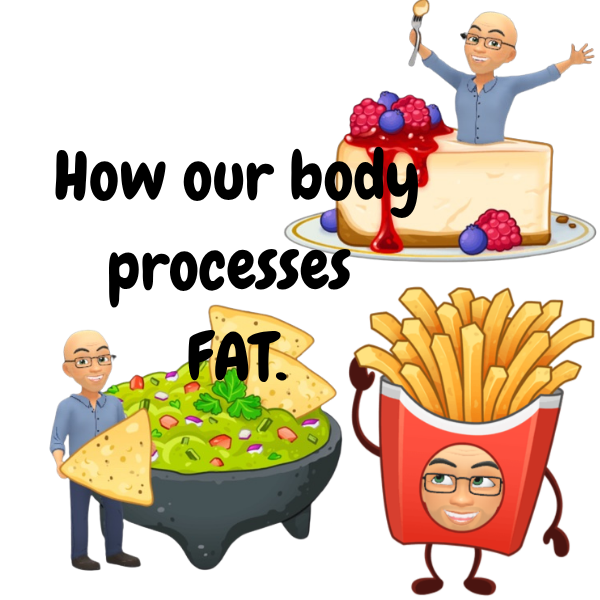
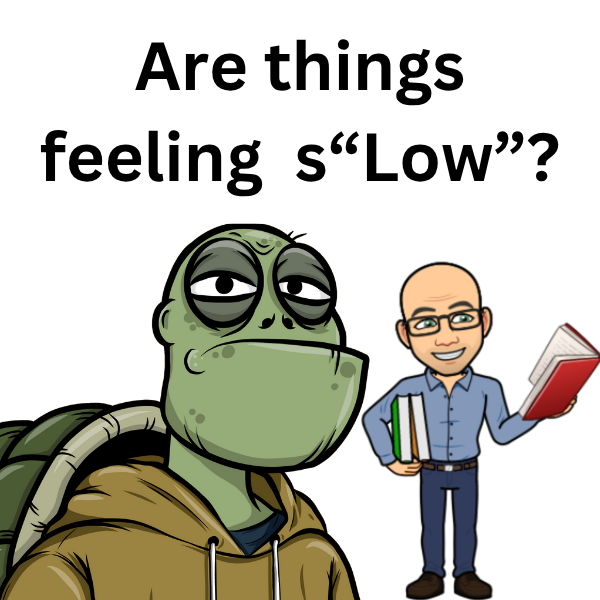


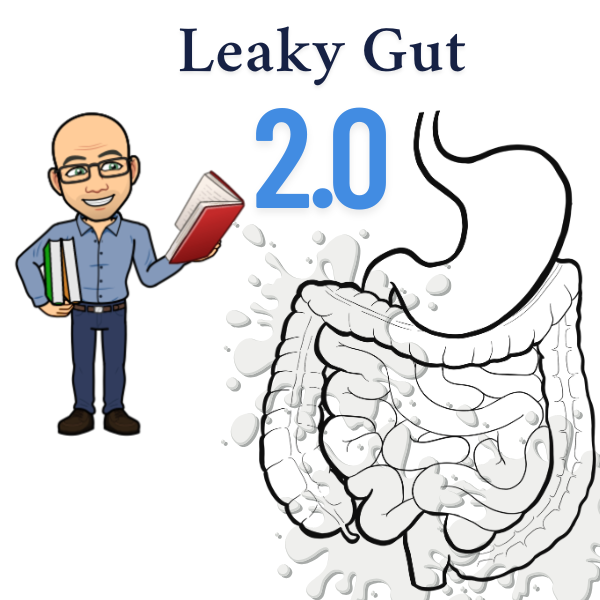

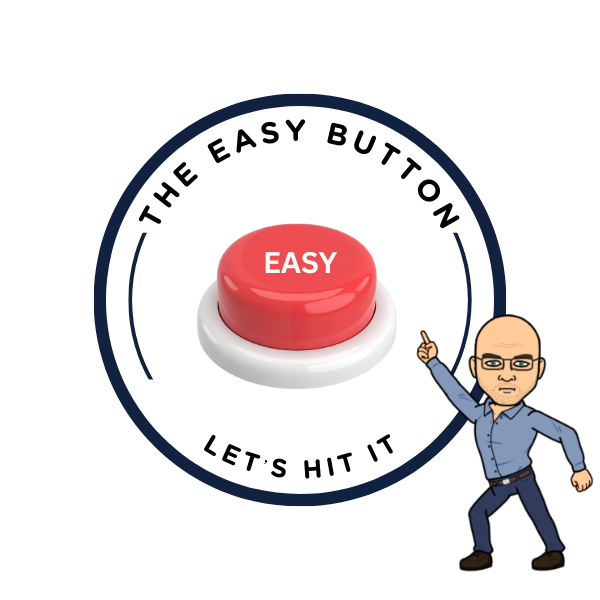


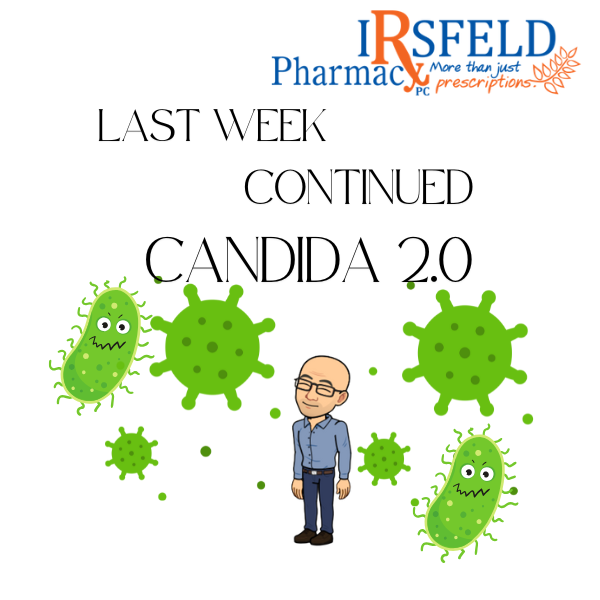
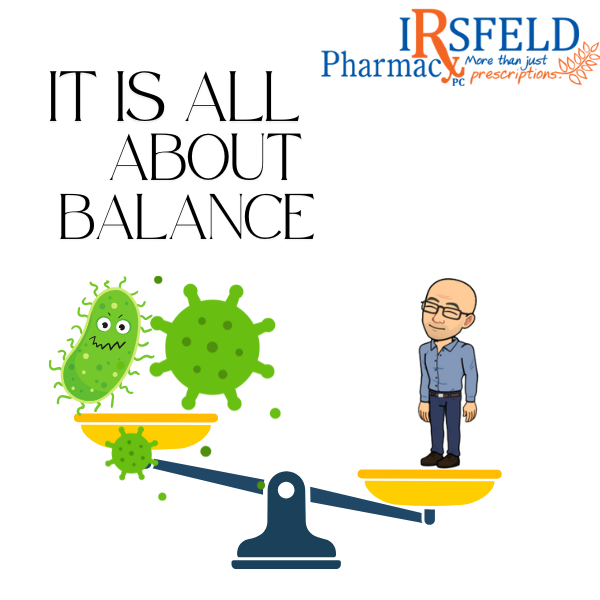
Share On: